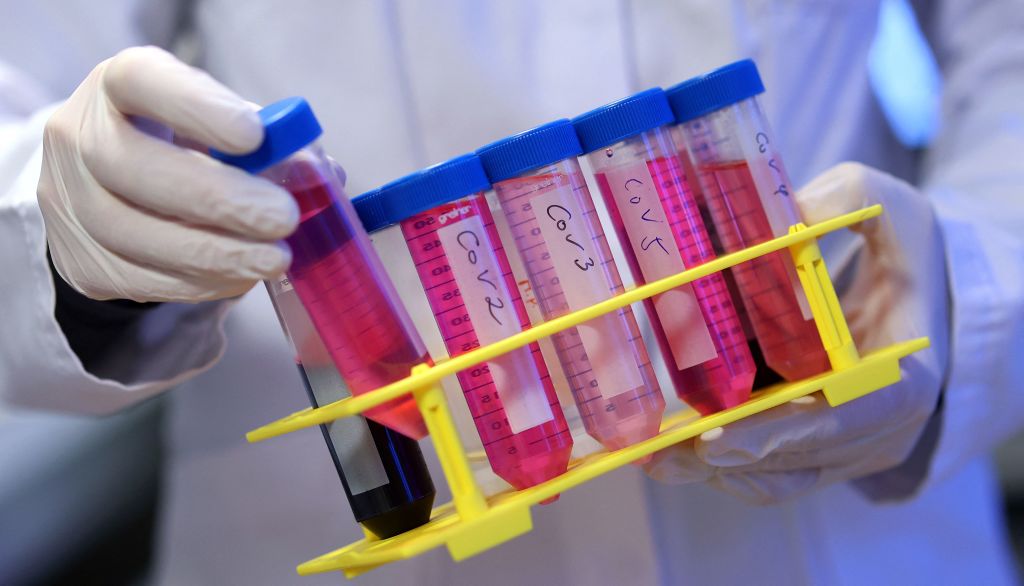ADF STAFF
With the most acute phase of the COVID-19 pandemic in the past, public health experts now are turning their attention to the lingering, sometimes debilitating, after-effects of infection known as long COVID.
“There are some estimates that people suffering long COVID numbered 194 million before omicron,” Dr. Maria Van Kerkhove, World Health Organization (WHO) Technical Lead for COVID-19, said during a recent pandemic briefing.
The WHO has reported more than 612 million COVID-19 cases worldwide since the start of the pandemic.
In November 2021, about a month before the omicron variant was identified, Mosa Moshabela, deputy vice chancellor for research and innovation at the University of KwaZulu-Natal, commented on Twitter that 37% of people infected by COVID-19 developed at least one symptom of long COVID.
“While some people recover within a couple of weeks, others are still struggling,” Moshabela said in a thread that included two research papers investigating long COVID.
Researchers have not compiled a specific definition for long COVID. As this point, it appears to encompass a broad spectrum of physical ailments. The most prominent are:
- Shortness of breath or a persistent cough
- Slow thinking known as “brain fog”
- Fatigue
Other symptoms range from joint and muscle pain to digestive problems to blood clots and other circulation issues.
“Long COVID is still largely diagnosed by ruling other disorders out,” researcher Diana Duong wrote in the Canadian Medical Association Journal.
The more severe a person’s case of COVID-19, the more likely they are to develop long COVID, according to researchers.
A 2021 study in the United Kingdom looked at more than 273,000 people with COVID-19 and found that one-third of them had long COVID symptoms within three months of their infection. Another 37% developed long COVID three to sixth months after their recovery.
A different study in the U.K. found that women were more likely to develop long COVID, as were obese people. People who were placed on ventilators were nearly 60% less likely to make a full recovery from their infection.
Some sufferers of long COVID find that, as their infection wanes, their senses of taste and smell return distorted. Such was the case for Randle Felix, who told South Africa’s News 24 that he still was having trouble distinguishing flavors five months after his initial infection.
“It has impacted my life emotionally, in a negative way, because I don’t look forward to the things I used to enjoy eating and drinking anymore,” Felix said.
He also reported experiencing memory problems.
“My wife always used to say I have an elephant’s brain, especially because I had a good long-term memory. But after Covid, it’s not been the same. It’s just not 100%,” he said.
Understanding and treating the effects of long COVID is the next phase of addressing the impacts of the pandemic, according to public health experts.
To accomplish that, it’s important to collect and share data about long COVID across countries, Van Kerkhove said.
“We’re working with doctors and patient groups to make sure we have proper rehab,” Van Kerkhove said. “This is something we want to see dealt with in health care systems in the medium and long term.”
This is the first in a two-part series on long COVID.

